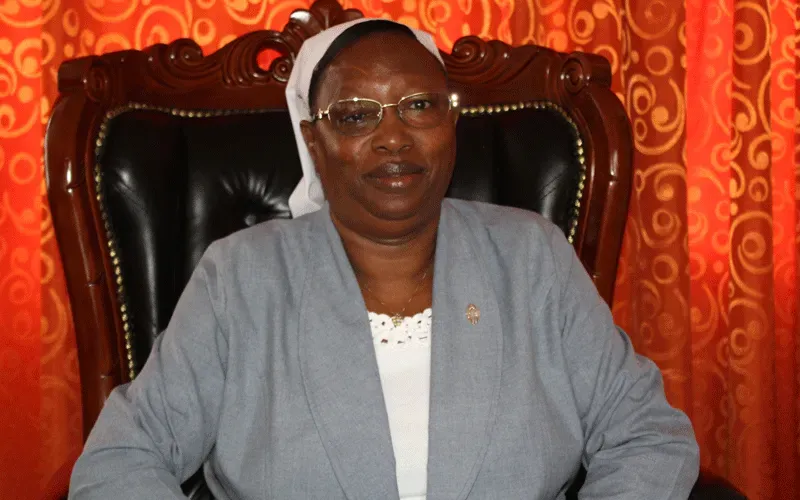Nakuru, 24 January, 2024 / 9:30 pm (ACI Africa).
Close to 14,000 people have benefitted from ASN Upendo Village, a HIV and AIDS project started by the Assumption Sisters of Nairobi (ASN) 20 years ago to provide support to people living with HIV in low-end settlements around Naivasha in Kenya’s Catholic Diocese of Nakuru.
Speaking to ACI Africa ahead of the Friday, January 26 anniversary celebration of ASN Upendo Village, Sr. Florence Muia, who started the facility in two dilapidated and abandoned classrooms said that the ASN members’ project is celebrating the resilience of the people that the Sisters serve.
“We are celebrating the orphans and other vulnerable children we serve. We are celebrating grandmothers and grandfathers who have been caring for orphaned children after parents succumbed to AIDS. The people we serve have been able to live positively. It is a time to celebrate for everyone at Upendo village,” Sr. Muia said in the Wednesday, January 24 interview.
She added, “We have seen the hand of God because when we were starting, we didn't know exactly the extent into which these services would take us. But over the years, we continued to respond to various needs as they evolved within the same program, and we have continued to expand. For us, 20 years is a big achievement.”
On the list of activities scheduled for the January 26 celebration is a tree planting ceremony, which the Local Ordinary of Nakuru Diocese, Bishop Clephas Oseso Tuka, will officiate.








